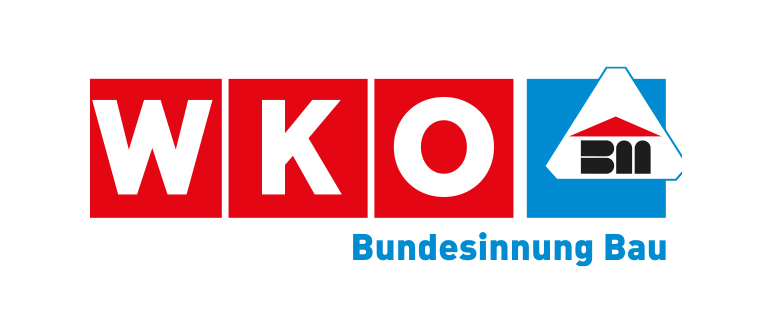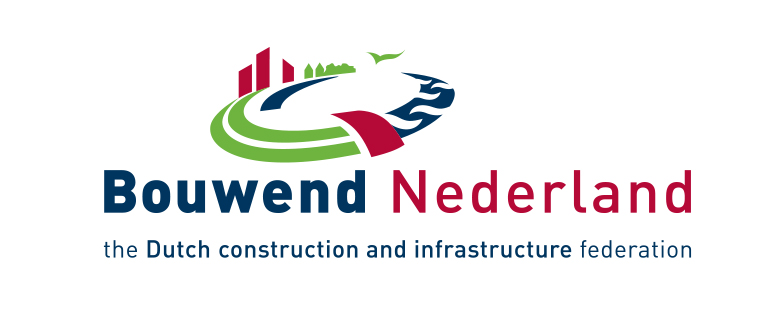Overall construction activity
In 2019, the French construction activity’s growth slowed down slightly with an increase of 2.2% in volume, after a rise of 2.6% in 2018. Non-residential building and civil engineering were the main drivers in 2019. Housebuilding recorded a slight increase of 0.8% in 2019. Despite significant recruitment difficulties, employment in the construction sector rose strongly in 2019 with the creation of 40,000 new jobs.
Housebuilding
Due to the cut of some incentives since 2018, both permits and housing starts still show negative figures in 2019. In 2019, a drop in permits by 5.2% was recorded. Collective dwellings were strongly affected by the downturn, with a 10.4% decrease, mainly because of difficulties in the social housing sector (i.e. increase of the reduced VAT rate, lowering of collected rents with the reduction of subsidies, etc.). Conversely, the individual housing construction market recovered from mid-2019 onwards and recorded a growth of 1.9%, in line with the 5% upturn in individual housing builders’ sales during the year. Housing starts reached 408,000 units in 2019, which represents a 2.2% decrease compared to 2018, with opposite trends for collective and single dwellings. The latter segment rose slightly by 0.3% in 2019 while collective dwellings decreased by 4.1%. Finally, the housebuilding turnover showed some resilience in 2019, with a slight increase of 0.8% in volume. Lastly, in volume, the housing renovation and maintenance turnover remained rather stable in 2019.
GDP 2019
BILLION
POPULATION 2019
Total investment in construction in 2019
BILLION
Non-residential construction
In 2019, activity in non-residential buildings grew by 5.1% in volume. The volume of the surfaces started (excluding agricultural buildings) rose by 6.9% and reached 20.9 million m². By segment, only retail stores show negative figures, with a 4.5% decrease. However, the rise of surfaces permitted (+2.2%) suggests a more favourable trend in the future, after years of decline. The other market segments contributed to the general growth, mainly offices (+9.5%), industrial buildings (+9.2%), mainly driven by logistics buildings, and, to a lesser extent, administrative buildings (+1.8%). Finally, the renovation and maintenance of non-residential buildings increased by 0.7% in 2019.
Civil engineering
The public works sector in France is expected to increase by 10% (in real terms) in 2019. This strong growth is being driven by a recovery in the activity and the rise in local government expenditure in view of the upcoming local elections. Regarding activity overseas, exports amounted to €32 billion in 2018 and represent 44% of the overall civil engineering turnover. French public works exports have more than doubled within the last 15 years. Even though Europe remains the main export market (50% of total exports), French companies are increasingly targeting new markets (Oceania, Asia, Middle East…).
| Per cent variation of investment in real terms on previous year | |||||||
| investment Mln. € fixed prices | |||||||
| Sectors | 2019a | 2016 | 2017 | 2018 | 2019a | 2020b | |
| 1. | Building | 132,434 | 1.6 | 5.2 | 1.3 | 1.2 | NA |
| 1.1. Housebuilding | 78,965 | 3.2 | 7.1 | 0.6 | 0.4 | NA | |
| 1.1.1. New | 37,245 | 6.6 | 13.5 | 0.7 | 0.8 | NA | |
| 1.1.2. R&M | 41,720 | 0.7 | 2.0 | 0.4 | 0.0 | NA | |
| 1.2. Non residential (c) | 53,469 | -0.7 | 2.4 | 2.5 | 2.6 | NA | |
| 1.2.1. Private | 29,396 | 0.4 | 3.9 | 2.3 | 3.5 | NA | |
| 1.2.2. Public | 24,073 | -2.0 | 0.6 | 2.6 | 1.4 | NA | |
| 2. | Civil Engineering | 40,982 | -0.8 | 4.4 | 7.0 | 5.3 | NA |
| (1 + 2) | Total Construction | 173,416 | 1.1 | 5.0 | 2.6 | 2.2 | NA |
| a: estimate - b: forecast - c: incl. R&M | |||||||
| Number of building permits in residential construction | |||||||
| 2016 | 2017 | 2018 | 2019a | 2020b | |||
| single dwelling | 197,158 | 211,137 | 195,364 | 199,018 | NA | ||
| collective dwelling | 266,642 | 280,363 | 262,536 | 235,281 | NA | ||
| other types of dwelling | NA | NA | NA | NA | NA | ||
| Total | 463,800 | 491,500 | 457,900 | 434,299 | NA | ||
| (Collective dwellings and other types of buildings: in number of flats) | |||||||



































